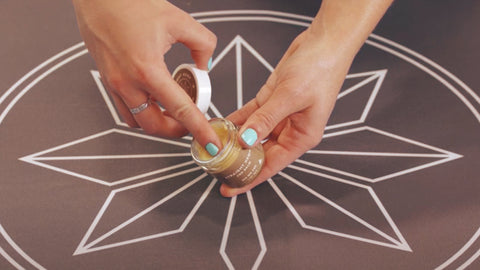

 The Mechanism of Action
The Mechanism of Action






† This product is not intended to diagnose, treat, cure or prevent any disease. This product should be used only as directed on the label. Do not use if you have a serious medical condition, use prescription medications, pregnant or nursing. This product is not for use by or sale to persons under the age of 21. Keep out of reach of children.These statements have not been evaluated by the FDA. All trademarks and copyrights are property of their respective owners and are not affiliated with nor do they endorse this product. Privacy Policy | Terms of Service

© 2024 Natural Dynamics dba Straight Hemp.
By clicking enter, I certify that I am over the age of 21
123 John Doe Street
Your Town, YT 12345
Store Hours
Sun: Closed
Mon-Fri: 9:00 - 17:00
Sat: 10:00 - 13:00
What to expect at pickup
Closed
Closing at 5pm
Closing at 5pm
Closing at 5pm
Closing at 5pm
Closing at 5pm
Closing at 1pm
You are $100 away from FREE SHIPPING